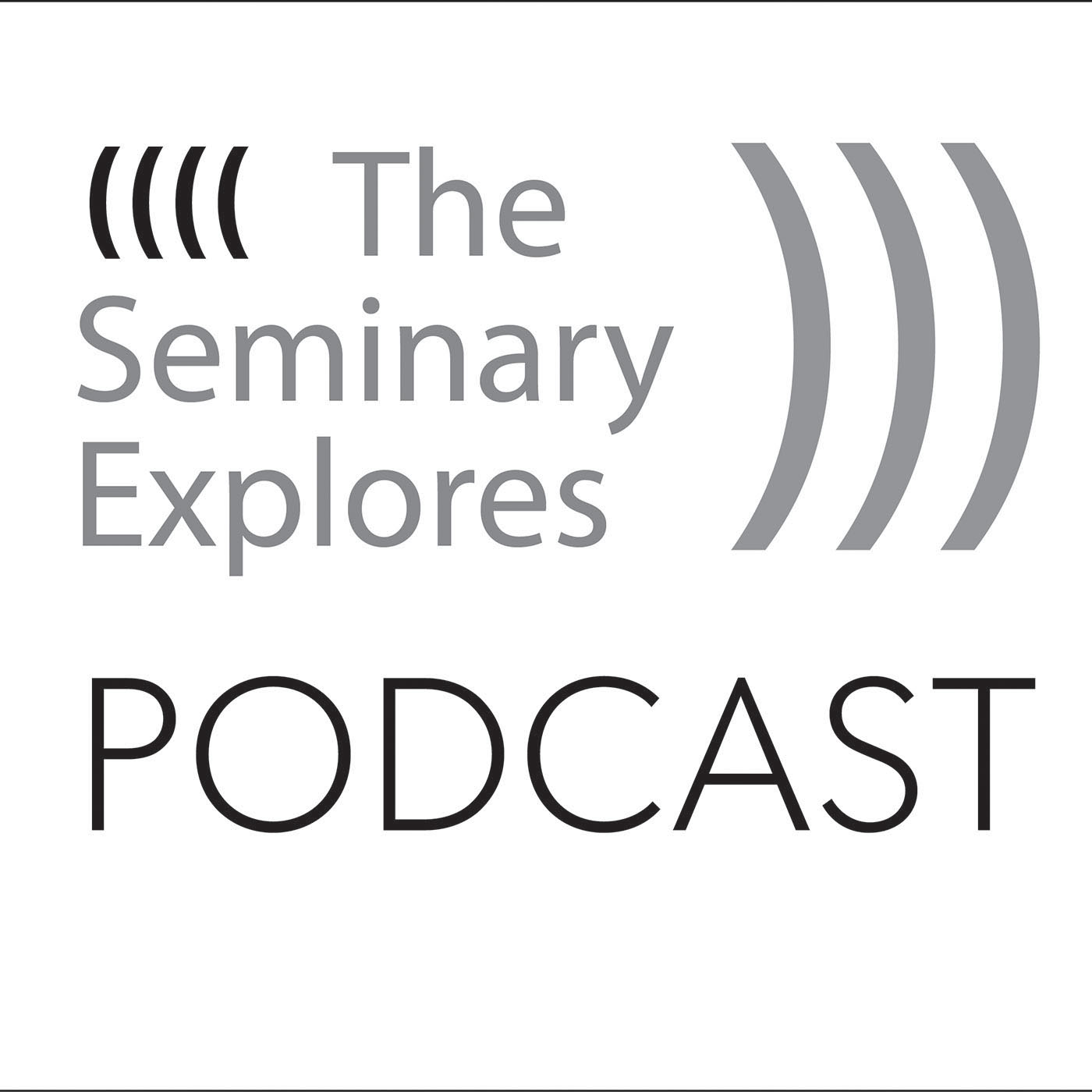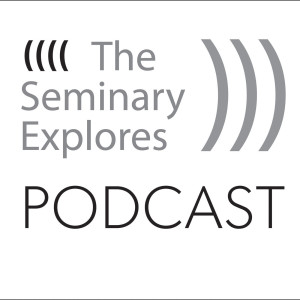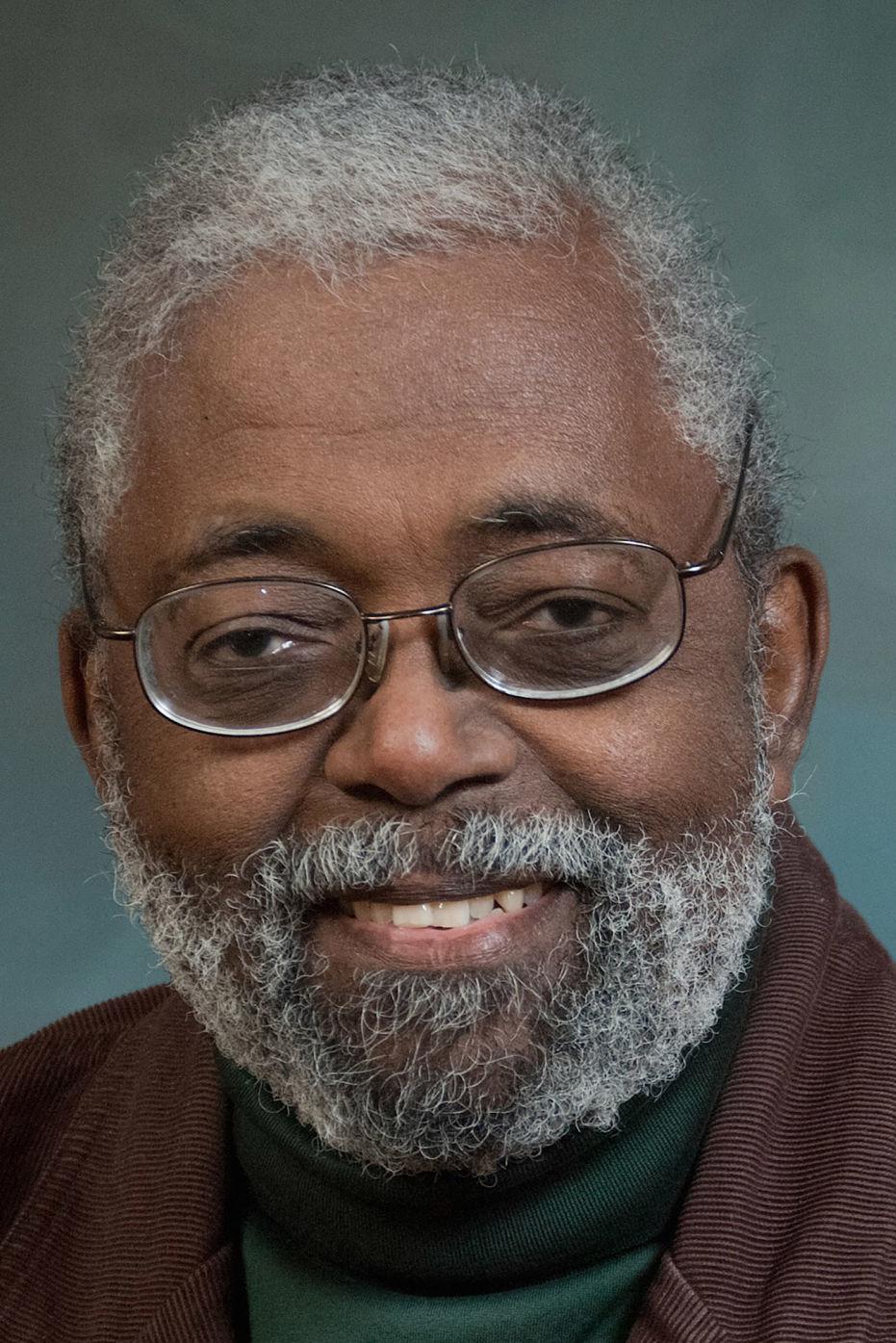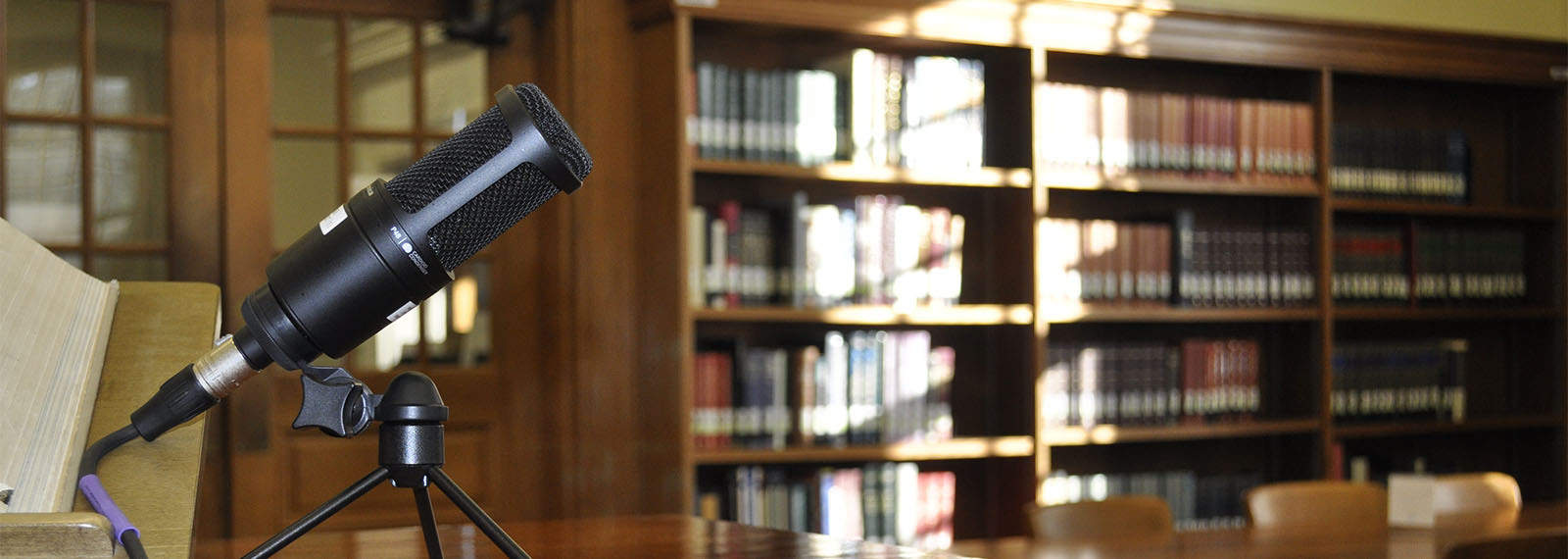
10.7K
Downloads
246
Episodes
An exploration of church and society produced by the United Lutheran Seminary with campuses in Gettysburg and Philadelphia, PA.
Episodes

Monday Dec 16, 2024
Black Lutheran History Project: The Continuing Story
Monday Dec 16, 2024
Monday Dec 16, 2024
This episode focuses on the work of Dawn Stewart and Mark Staples. They are part of a group of friends and colleagues of the late Dr. Richard Stewart. Dr. Stewart concentrated his work on the history of Black Lutherans. Mark and Dawn share their two-year project of reading and identifying articles in The Lutheran, Lutheran Standard, and Partners magazines which centered on Black Lutherans.
In continuing the work of Dr. Stewart, they hope to make their findings available to the public, students, and scholars. From their investigation, they were able to identify trends (Civil Rights, Housing, etc.) in the reporting as well as Black Lutherans who contributed to daily life in the United States and to the Lutheran Church.


Monday Dec 02, 2024
A Historical Moment in Black Lutheran History
Monday Dec 02, 2024
Monday Dec 02, 2024
Pastor Leonard killings of Advent Lutheran Church in Cleveland, Ohio shares the story of Adent Lutheran Church having an historical marker placed on its building.
While the congregation is sixty years old, he describes its uniqueness as this event contributes to the history of Black Lutheran history and American Church history. He recalls its history as a mission developed in Lee-Harvard, a middle-class Black community. The architects of the building were Black twins who were just beginning their careers and Advent was their first major project.
Killings describes the criterion measures for landmark designation as well the process which took over a year a half. While the landmark designation is a remembrance of its past, Advent congregational members also see it as a commitment to Word and Sacrament ministry, Word and Service ministry and dedication to remain in the Lee-Harvard community of Cleveland, Ohio.

Monday Oct 21, 2024
A Final Resting Place: The Lincoln Cemetery at Gettysburg
Monday Oct 21, 2024
Monday Oct 21, 2024
Jean Howard-Green highlights the history, development and the present-day use of the Lincoln Cemetery in Gettysburg, PA. First used in 1867, it contains the graves of several Black men of Gettysburg who fought as members of the Colored Troops during the American Civil War.
As a native of Gettysburg, she shared that some members of her family are buried there as well. Serving as president of the Lincoln Cemetery Project Association, she described the responsibilities of that office as well as the on-going upkeep of the cemetery. The cemetery is private and therefore relies on contributions from the greater Gettysburg community.


Monday Nov 20, 2023
The African American Presence in Gettysburg: The Black History Museum
Monday Nov 20, 2023
Monday Nov 20, 2023
Jane Nutter, the President of the Gettysburg Black History Museum, talks about the development of the museum. She emphasizes the fact that the museum goes beyond the presence of African Americans in Gettysburg during the Civil War. The museum highlights the Blacks in Gettysburg before, during, and after the War. She notes that the museum contains artifacts from various individuals and families of color including photographs, furniture, and documents. The community was enthusiastic to contribute to the collection. In a sense, due to segregation, the Black community established its own vibrant society and community life that included its own American Legion, the Elks, and community events.


Monday Mar 13, 2023
The Childrens’ View of Gettysburg During the Civil War
Monday Mar 13, 2023
Monday Mar 13, 2023
Author Gregory Christianson shares the development of his newest book Gettysburg Fast Facts for Kids and Families. The story of Gettysburg is told through the eyes of children. He discussed how his interest in the Civil War began and his desire to make the Gettysburg visit experience accessible to children. His inclusion of the contributions of woman and African Americans are pieces of the Gettysburg narrative often omitted when talking about the war. Although the book is designed for children it is a basic book of facts that is helpful to adults as well.

Monday Feb 13, 2023
Monday Feb 13, 2023
This is a program of remembrance. Three colleagues and friends of Dr. Richard Stewart share their memories of him.
Dr. Joseph Donnella emphasizes Stewart’s work on making connections among people, groups and churches. He highlighted the collegiality he experienced with Stewart when they both were serving parishes in St. Croix.
For Mark Staples, his conversations with Stewart were important of him. Stewart’s work on African American history and the Lutheran Church was a labor of love.
Dr. Charles Leonard focused on Stewart’s global interests. He and Stewart co-led trips to Africa with seminarians. Leonard also reflected on Stewart’s interest in making sure that the contributions of Blacks in the Lutheran church were not omitted as demonstrated in his digital interviews of Black rostered leaders.
Please join us in celebrating the life and legacy Richard Stewart.
Other interviews with Dr. Stewart:
- http://seminaryexplores.uls.edu/e/african-american-lutheran-clergy-an-oral-history/
- http://seminaryexplores.uls.edu/e/black-lives-matter/


Monday Jan 30, 2023
Monday Jan 30, 2023
Dr. Richard Perry, Professor emeritus of Church and Society and Urban Ministry Program, Lutheran School of Theology at Chicago discussed the formation and history of the Conference of International Black Lutherans or CIBL. From the beginning, CIBL was and continues to be dedicated to the research, study, and examination of Lutheran theology through the African American experience. Conversation between Dr. Albert Pero (United States) and Dr. Ambrose Moyo (Zimbabwe) in the mid-1980s developed dialogue with African American and African Lutheran theologians which culminated with the first CIBL conference in Harare, Zimbabwe in 1986. Perry highlighted the contributions of this professional organization including:
- the diverse way to experience the Lutheran faith experience,
- the publication of scholarly works for professional and lay persons within congregations, and
- providing space to empower other ethnic communities in the church. Dr. Perry concluded the interview by suggesting ways to cultivate another generation of Black scholars in the Lutheran church.


Monday Mar 28, 2022
The Reflections of an African American Police Chief
Monday Mar 28, 2022
Monday Mar 28, 2022
Darius Potts, Chief of Police in Ankeny Iowa, discusses the challenges facing law enforcement officers during a time of distrust and gaps between the police and the community. He is the first African American to be Police Chief in Ankeny, IA.
As Chief, he feels that one of his responsibilities is to decrease the stress levels that his officers face. That is accomplished in part by promoting communication and yearly structured mental health support for every officer.
Throughout his career in law enforcement, Potts has had to strike a balance between being an officer and dealing with the experiences of those in the communities he served. He explains the importance for both officers and the community to understand the long history of mistrust of police and that it is not a new phenomenon. African American candidates in law enforcement especially must grapple with this as they consider the profession.
Ankeny is a growing community, but the recruitment of officers is down. Fewer people are taking an interest in this profession. At present, his department is down seven staff members. The department will need more women and men for a growing community. Potts is optimistic about law enforcement and would encourage young people to consider it as their life work. With all the present-day challenges to law enforcement, Potts believes it is a noble profession.


Monday Feb 28, 2022
Educating for Social Justice
Monday Feb 28, 2022
Monday Feb 28, 2022
Dr. Russell Dalton, Professor of Religious Education, Brite Divinity School, Fort Worth, Texas, discussed his interest and research in social justice in preparation for a forthcoming book. He shared that his motivation for this research came from the lack of religious education addressing social justice praxis.
In general, religious education may advocate for social justice but not give congregational members the practical tools for addressing social justice in their respective locations. As a model, he has used the educational method of the Freedom Riders of the Civil Rights period in presentations on social justice as well as the of Jim Lawson workshops in Nashville. Both require critical reflection on what participants anticipate happening in their actions It is important for people to know the risks in social justice work and to trust their fellow co-participants in the work. At the conclusion of the conversation, Dalton gives some practical ideas that congregations can use to equip themselves to work on social justice.

Monday Mar 01, 2021
Remembering/Embracing: 40 years of the Urban Theological Institute
Monday Mar 01, 2021
Monday Mar 01, 2021
Dr. Quintin Robertson, Instructor & Director of the Urban Theological Institute & Black Church Studies Program at United Lutheran Seminary, reflects on the 40th Anniversary of the Urban Theological Institute at United Lutheran Seminary. He shares a historical overview of the Institute focusing in on the unique features of the program. Robertson also describes the changes that have taken place in the Institute including increased endowment, online courses, and the Black Church concentration.

